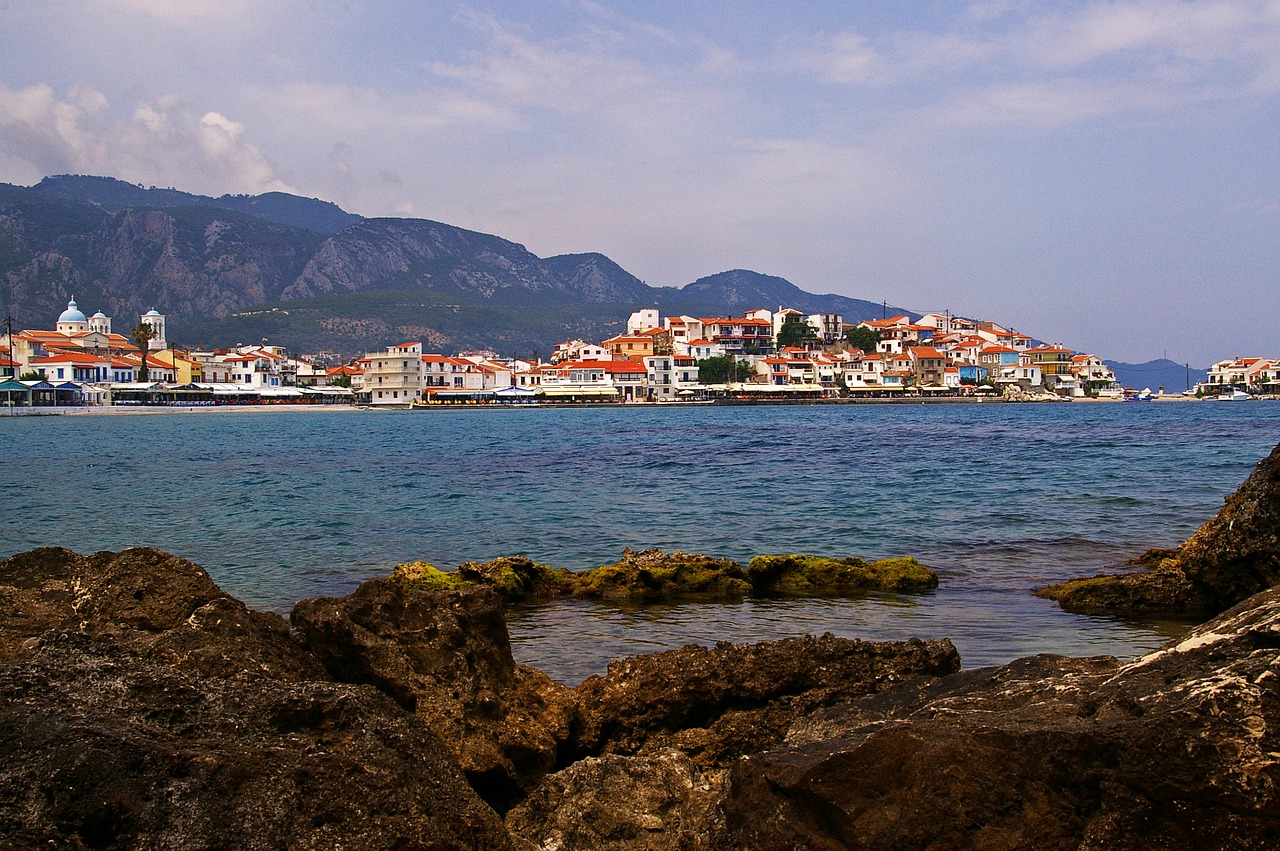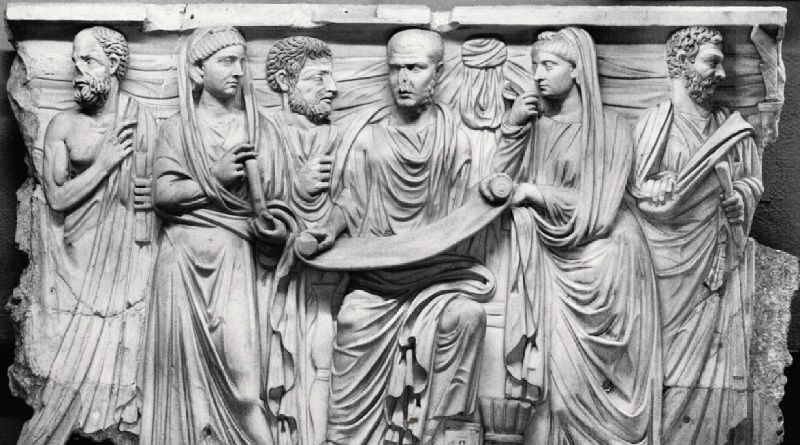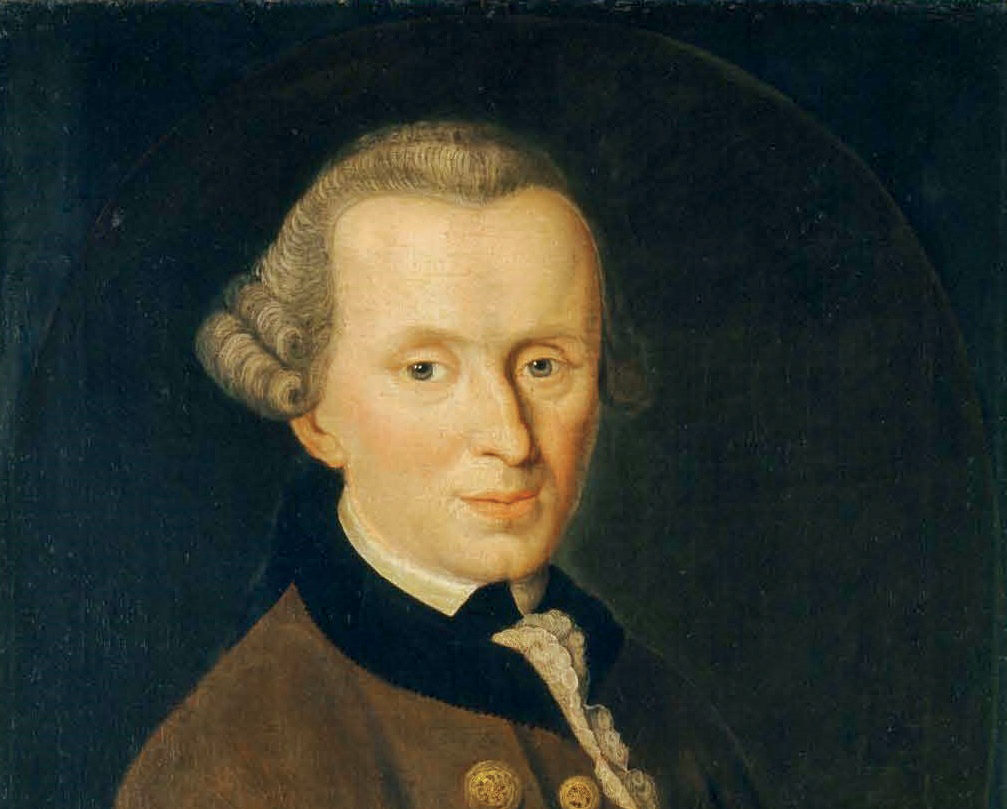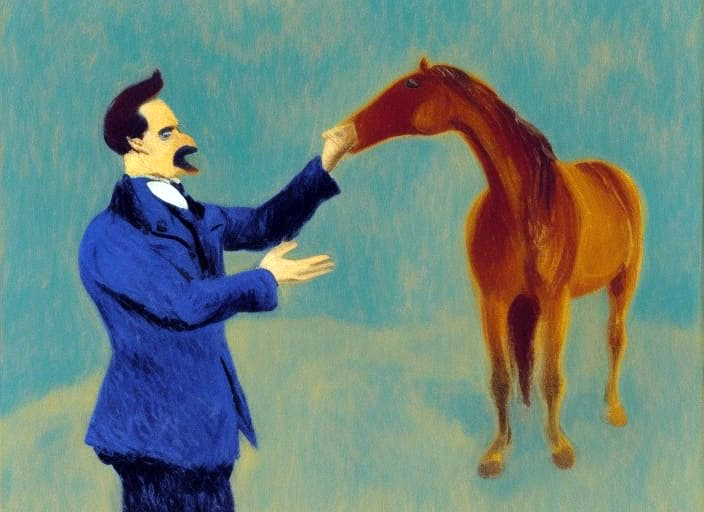Epicurus – “Fear not death!”
Born on the Greek island of Samos seven years after the death of Plato, Epicurus described the goal of life as one spent finding happiness. How do we find happiness? By living a humble, peaceful, and tranquil life, spent in the company of friends, avoiding pain, fear, and anxiety.
Fear and anxiety are our main source of unhappiness; this makes them, naturally, bad for us. By getting rid of them we can then experience ataraxia, a sense of supreme calmness.
The fear of death – such a great source of anguish for many people – is perhaps the most irrational of fears.
We should get in the habit of thinking that “death is nothing to us.” How do we do that? The only thing that is bad for us is pain, and the state of being dead involves neither pleasure nor pain.
Where is Epicurus coming from? He is often described as a materialist. The mind of a person is a part of the body and, just like other parts of the body, it consists of atoms. Atoms are the basic indivisible constituents of the world. The word atom, in fact, comes from the Greek atomos (a-: not, temnos: I cut, or quite literally, “I cut not.”)
Therefore, since the mind is part of the body, death entails the death of both mind and body and the dispersion of their atoms.
When we die, we no longer exist: there is no longer an I or an us for death to trouble.
Since we no longer exist, we can neither feel pleasure nor pain.
Therefore, since we can neither feel pleasure nor pain, there is nothing to fear in death since it is, quite literally, nothing to us. If it cannot trouble us after we die, nor should we let it trouble us while we’re still living.



